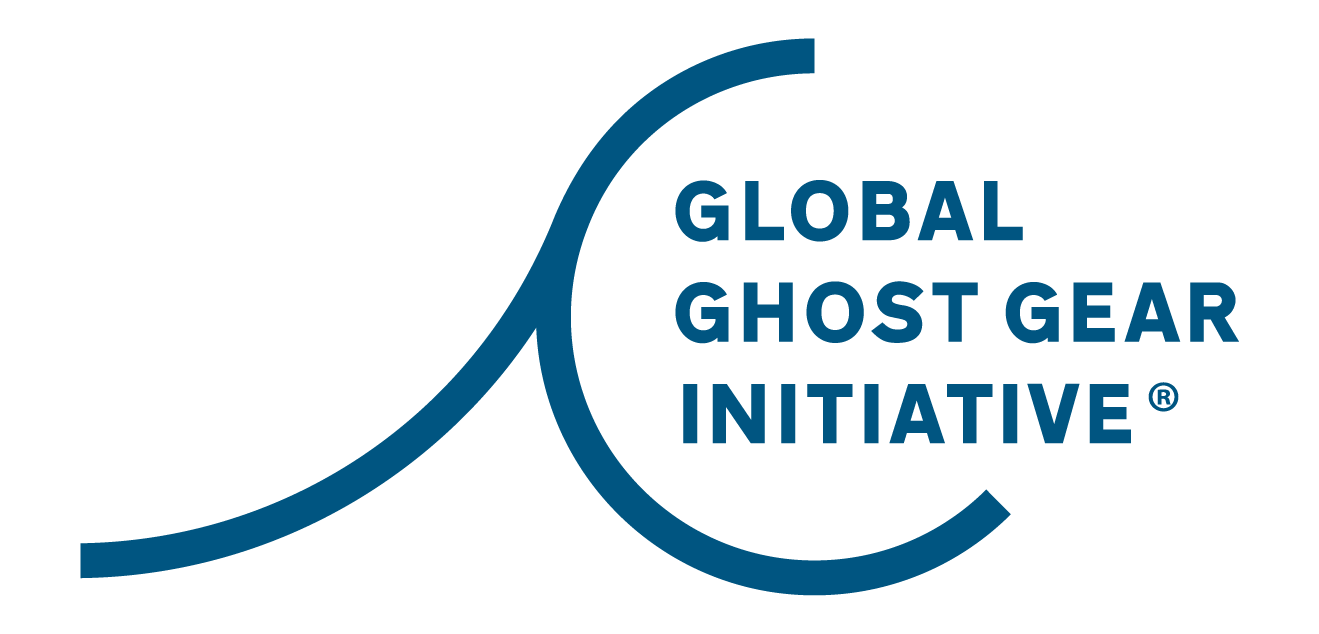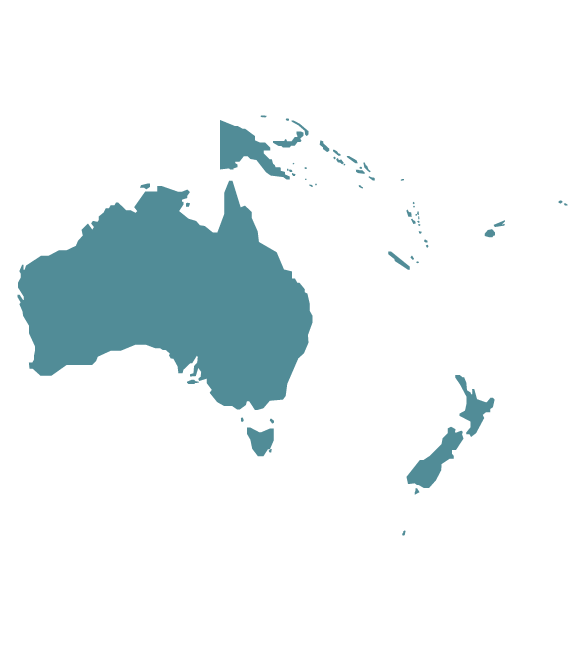Our
projects
Projects on this page are divided into two categories: GGGI Signature Projects and GGGI Small Grants.
GGGI Signature Projects are collaborative projects that have been designed by and funded through the GGGI involving several GGGI members and other partners contributing to large-scale and often multi-phase projects.
GGGI Small Grants are projects are funded through the GGGI Small Grants Program, which is a competitive bid-based program open to GGGI members only, pending available funding. GGGI Small grants typically involve one or more GGGI members working on specific projects in select geographies.
GGGI projects by region - select a region and then click “explore” to see projects from each region
All Projects
Search by Category
- Africa 3
- Asia 5
- Capacity Building Workshops 11
- Central and South America 1
- Data Collection 13
- EOL Gear Collection/Recycling 12
- Europe 4
- Fisher Interviews 9
- Gear Removal 24
- North America 14
- Oceania 2
- Outreach and Education 20
- Predictive Models 5
- Side Scan Sonar Surveys 5
- Technology Testing 8
- UAV Surveys 4
GGGI Signature Project - North American Net Collection Initiative (NANCI)
Our signature North American Net Collection Initiative (NANCI) project is the first-ever transboundary initiative to prevent ghost gear in the coastal waters of the western United States, Mexico, and Canada. The GGGI, along with the Government of Mexico and several local non-profit organizations (including WWF Mexico, Pronatura Noroeste, Manta Caribbean Project, Wildcoast, and Bureo Inc.), and supported by funding from a diverse set of funders including the U.S. National Oceanic and Atmospheric Administration’s (NOAA) Marine Debris Program, and the Builders Initiative, have come together to tackle ALDFG in a holistic way under the NANCI project banner.
GGGI Signature Project - Myanmar
Lost, abandoned and discarded commercial and artisanal fishing gear is emerging as a critical threat to Myanmar’s coastal ocean, where it impacts both ecologically and economically important living marine resources, including threatened and endangered species like dugongs, turtles, manta rays, and corals; and poses a threat to Myanmar’s budding ocean-based tourism industry. To address the challenge of ghost fishing gear in Myanmar, the GGGI and the Myanmar Ocean Project initiated a ghost gear removal pilot effort - the first of its kind in Myanmar. The project, funded by World Animal Protection and the National Geographic Society, focused specifically on the Myeik Archipelago, one of the most untouched island groups in the world. Throughout the islands of the archipelago, ghost nets from artisanal fisheries have been found beneath the surface, threatening key species such as manta rays, and harming the marine ecosystem. Ms. Thanda Ko Gyi, a Burmese national, highly skilled SCUBA diver, and founder of the Myanmar Ocean Project, was the first person in Myanmar to both raise the alarm about lost fishing gear and take the initiative to remove it, serving as Field Manager for the project.
GGGI Signature Project - Pacific Northwest
The Pacific Northwest region of Washington State and British Columbia is an area of incredible biodiversity and, as a result, significant fishing activity, particularly for Dungeness crab and various salmon species. There has been significant work done in the region previously by several GGGI members, including the Northwest Straits Foundation (NWSF) and Natural Resources Consultants (NRC) in Washington State and the Emerald Sea Protection Society (ESPS) in British Columbia. Part of this work by NWSF and NRC includes the creation of the Puget Sound Crab Pot Prevention Plan and the Reporting, Response, and Retrieval (RRR) Program for newly lost nets, a program being conducted in coordination with the Washington Department of Fish and Wildlife.
GGGI Signature Project - Caribbean
The GGGI has been engaging in the Caribbean since 2018, having been an observer and giving presentations on ALDFG at the Caribbean Regional Fisheries Mechanism annual meetings in Montserrat in 2018 and St. Kitts in 2019. The Caribbean region, being prone to frequent severe storm events such as hurricanes, experiences a significant amount of gear loss, particularly in its static gear fisheries using traps and pots. This comprehensive project is focused on two key project objectives in the Caribbean region:
reducing ghost gear by incentivizing adoption of best practices around gear loss prevention, exploring innovative gear designs and improving port reception facilities; and
identifying the types and prevalence of ghost gear in the region and conducting workshops to train local stakeholders in gear marking and retrieval.
GGGI Signature Project - Gulf of Maine and Rhode Island
Each year, thousands of lobster traps are lost in the Gulf of Maine due to poor weather, broken groundlines, and buoys buffeted by storms, or cut loose by boat propellers. These lost traps have significant ecological and economic impacts, resulting in diminished lobster populations and hundreds of thousands of dollars in lost revenue and replacement costs across the industry. To address this issue, the GGGI has been working with partners on the ground, including the Gulf of Maine Lobster Foundation (GOMLF) and Commercial Fisheries Research Foundation, as well as local fishers for years to help solve this problem by doing annual gear removals in the off-season as well as holding voluntary end-of-life “gear grab” events and local knowledge sharing and capacity building workshops.
GGGI Small Grant (2023) - Go Green Malawi (Malawi)
This pilot project aimed to protect human and environmental health from plastic waste and abandoned, lost, or discarded fishing gear (ALDFG) in Malawi by strengthening knowledge and capacity among decision makers in Malawi. An initial feasibility study was conducted and included research, trainings, and community science to determine the causes and sources of ALDFG, examine costs and opportunities for return and recovery, and overall reduction of plastic waste. The study is also considering the causes of abandonment of the traditional methods and tools, the level of acceptance among fishermen to return to them, and a cost benefit analysis of such reintroduction. During the first quarter of the project, 8 collection points were established in Nkhata bay and Salima districts (substitute for Monkey bay).
GGGI Small Grant (2022) - Patuakhali Science and Technology University (Bangladesh)
The Southern coastal districts of Bangladesh, especially Patuakahli and Cox’s Bazar district, are home to the largest catch of hilsa and shrimp from the Bay of Bengal, with most fishers in the region predominantly artisanal gillnet and seine net fishers. In these fisheries, a significant amount of abandoned, lost, or discarded fishing gear (ALDFG) finds its way into the Bay of Bengal each year, with a wide range of environmental and economic impacts.
Two coastal sites, Kuakata of Patuakhali and Najirartak & Doriarnagar of Cox’s Bazar were selected for this study. For the collection of ALDFG, groups of daily and deep-sea fishers as well as a local youth group were formed in each site, consisting of more than 100 people in total. More than 4,000kg of ALDFG and other marine debris were collected from Kuakata and Cox’s Bazar, of which the quantity of ALDFG was 1,620 kg and 1,310 kg, respectively. In addition to ALDFG, plastic bottles, polyethylene bags, sandals, etc. are other common items found during ALDFG collections.
Joanna Toole Award (2021) - Myanmar Ocean Project (Myanmar)
The Myanmar Ocean Project (MOP) was founded in 2018 by SCUBA diver Thanda Ko Gyi to raise awareness about ocean conservation in Myanmar and to find solutions to protect the marine environment from harm caused by human activity, including impacts from abandoned, lost or discarded fishing gear (ALDFG). In collaboration with the GGGI, MOP has successfully conducted surveys and cleanup expeditions across the Myeik Archipelago, produced Myanmar’s first comprehensive ALDFG report, supported local community engagement, and removed nearly two tons of ALDFG from sensitive coral reefs.
GGGI Small Grant (2021) - Teem Fish (Canada)
To facilitate the reporting of lost and found crab gear in fishing grounds in British Columbia, Canada, Teem Fish is developing a near real-time gear tracking software application that can be added to the existing e-logbook in use by the Area A Dungeness Crab fleet. Teem Fish is developing the software and providing training for harvesters to test the software will ensure information is reported more accurately, consistently, and in a much more timely manner across the fleet, and in accordance with new lost gear reporting requirements from the Department of Fisheries and Oceans, Canada (DFO) and to reduce the amount of derelict gear in the water.

Become a Member
Interested in becoming a member? Click the button below to learn more.















